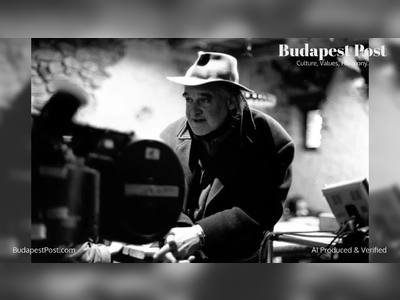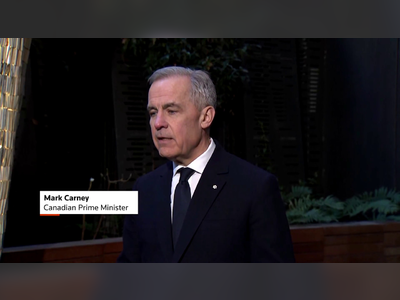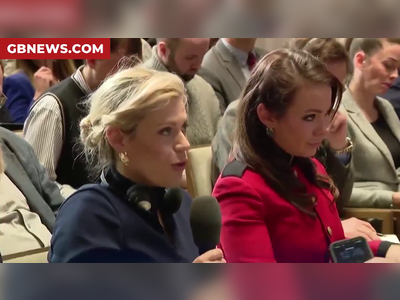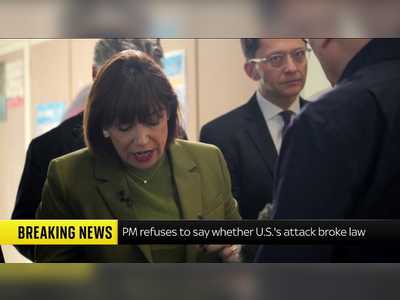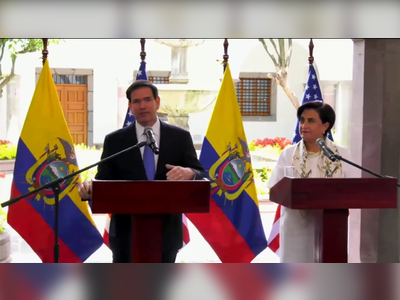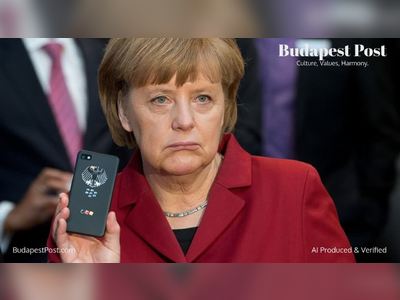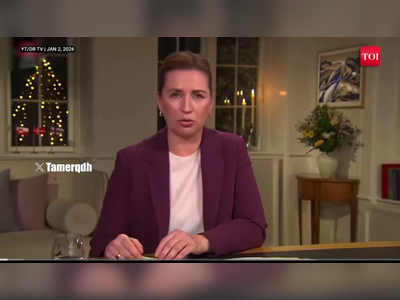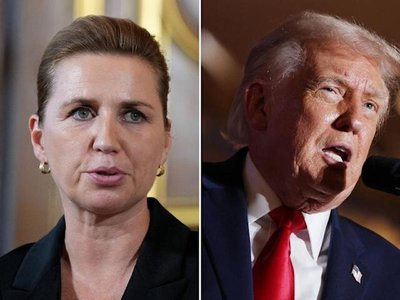Global Reactions to Historic Prisoner Swap
The recent multinational prisoner swap has seen diverse reactions. The White House calls it a diplomatic win for President Biden, while Germany stresses its solidarity with the U.S. Russia portrays it as loyalty to its citizens. The swap included 24 detainees, such as Wall Street Journal reporter Evan Gershkovich and former U.S. Marine Paul Whelan, with Russia receiving eight detainees, including assassin Vadim Krasikov.
The recent multinational prisoner swap has elicited diverse reactions from the involved governments, each shaping its narrative to highlight different aspects.
The White House lauds it as a diplomatic win for President Joe Biden, while Germany emphasizes its commitment to human lives and solidarity with the U.S. Russian President Vladimir Putin portrays the exchange as proof of Russia's loyalty to its citizens abroad.
The exchange involved 24 detainees, including Wall Street Journal reporter Evan Gershkovich, former U.S. Marine Paul Whelan, and Russian dissident Vladimir Kara-Murza.
In return, Russia received eight detainees, notably including assassin Vadim Krasikov.
The swap, led by the National Security Council and Jake Sullivan, has sparked internal disputes within the U.S. government over credit for the operation.
Human rights activists and politicians in Europe express concern that the deal may encourage more hostage-taking by Russia.
Despite political maneuverings, the families of the released prisoners are relieved to have their loved ones home.
The White House lauds it as a diplomatic win for President Joe Biden, while Germany emphasizes its commitment to human lives and solidarity with the U.S. Russian President Vladimir Putin portrays the exchange as proof of Russia's loyalty to its citizens abroad.
The exchange involved 24 detainees, including Wall Street Journal reporter Evan Gershkovich, former U.S. Marine Paul Whelan, and Russian dissident Vladimir Kara-Murza.
In return, Russia received eight detainees, notably including assassin Vadim Krasikov.
The swap, led by the National Security Council and Jake Sullivan, has sparked internal disputes within the U.S. government over credit for the operation.
Human rights activists and politicians in Europe express concern that the deal may encourage more hostage-taking by Russia.
Despite political maneuverings, the families of the released prisoners are relieved to have their loved ones home.
AI Disclaimer: An advanced artificial intelligence (AI) system generated the content of this page on its own. This innovative technology conducts extensive research from a variety of reliable sources, performs rigorous fact-checking and verification, cleans up and balances biased or manipulated content, and presents a minimal factual summary that is just enough yet essential for you to function as an informed and educated citizen. Please keep in mind, however, that this system is an evolving technology, and as a result, the article may contain accidental inaccuracies or errors. We urge you to help us improve our site by reporting any inaccuracies you find using the "Contact Us" link at the bottom of this page. Your helpful feedback helps us improve our system and deliver more precise content. When you find an article of interest here, please look for the full and extensive coverage of this topic in traditional news sources, as they are written by professional journalists that we try to support, not replace. We appreciate your understanding and assistance.
